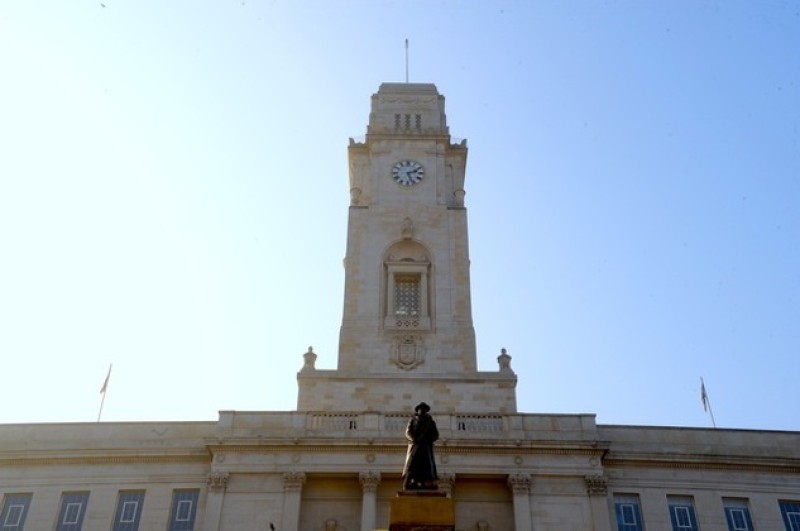RISING poverty levels in Barnsley which are expected to increase further as a result of the costly coronavirus pandemic will be probed by council bosses in a bid to address the growing issue, the Chronicle can reveal.
An initial investigation prompted by councillors on the local authority’s overview and scrutiny panel attempted to understand challenges with poverty across the borough after it was revealed more children than ever are relying on handouts from food banks across the town.
It is expected the pandemic will have increased the level of poverty in Barnsley, leading a task force to be set up to reach out to more at-risk people in the coming months.
A report, compiled by council executive director Wendy Lowder, said intelligence on poverty locally was ‘limited’ and more needed to be done to address the growing issue, but a first draft on measures brought forward will be completed by March next year.
The report added: “Various data sources will be gathered including council tax and benefits, vulnerable households and partnership data will be supplied by Berneslai Homes and Barnsley CVS.
“Given the complexity of poverty, the group focused their investigation on adults in poverty and support for them.
“However, we are aware of the prevalence and impact of child poverty, which merits specific further investigation, building on this existing work.
“Significant work is and has been undertaken, however there remains system-wide challenges across the council, education, health and care services to enable clear pathways out of poverty in order to improve the circumstances, life experience and outcomes of families and children.
“There are large health inequalities between Barnsley and England, and within Barnsley itself. Poverty and associated factors are recognised as wider determinants of health inequality, therefore working to tackle poverty contributes to tackling health inequalities.”
Benefit figures released by the Department for Work and Pensions (DWP) earlier this month show a total of 25,989 people in the town claimed Universal Credit in June, up by almost 4,000 since the coronavirus lockdown period began in March.
When compared to June last year, the amount of claimants has rocketed by 86 per cent across all age groups, with the 18 to 24-year-old bracket being the worst hit with a 108 per cent increase.
Coun Alan Gardiner, cabinet spokesperson for core services, said: “It is important that the scrutiny board’s work programme is developed to allow for effective reviews of local services to help improve outcomes for our communities and make sure value for money is delivered.
“We haven’t let the coronavirus pandemic stop us from running council meetings. We postponed two overview and scrutiny meetings during the early stages of the pandemic but made the necessary changes to allow us to continue to hold the meetings virtually and make sure the council’s decision-making processes were still running.
“Given that the pandemic remains ongoing and continues to have a profound impact on our communities and services, the need for sound and effective decision-making is critical and scrutiny plays an important part in reviewing this.”


























